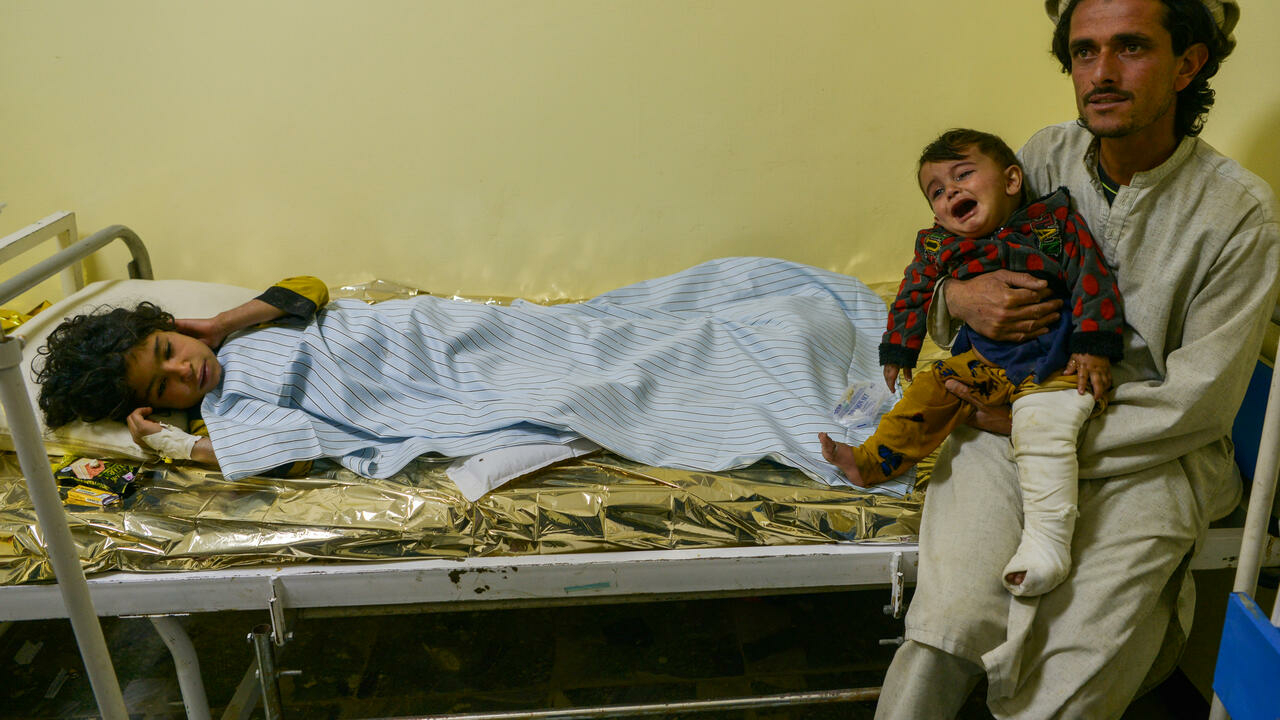
Muzaffarabad, PoK: The climate is making people sick in Pakistan occupied Kashmir. The poor health facility is the reason behind the bad condition of locals in the region.
The Health Department of Pakistan-occupied Kashmir urged people to take precautions while eating outside food and to ensure cleanliness everywhere, local media reported.
However, these ailments are a result of several factors including environmental pollution because of forest cutting, polluted rivers, and disregard for other natural resources.
Substandard and hazardous edible items like fruits, mutton, and other items are sold in the region without any fear because of the insensitiveness of the people in power.
The people in power often relax and relinquish the facilities on the taxes paid by poor locals suffering from such ailments, media reported.
The spread of many problems including such diseases would stop if the government would do its duties sincerely, it added.
The people of Gilgit-Baltistan have been resisting Pakistan for misuse of powers in the occupied territory for the past 74 years.
Earlier, the federal government of Pakistan Occupied Kashmir (PoK) imposed heavy cuts in the budgetary grants.
The human rights activist and chairman of United Kashmir People’s National Party (UKPNP) Shaukat Ali Kashmiri highlighted the plight of the people of PoK and termed the budget cut situation ‘alarming’. Kashmiri cautioned that the situation is alarming and should be addressed on a “war footing”.
He said that concern has been expressed over pathetic conditions of primary schools at the union council level in PoK where students are “compelled to sit on the ground below open sky with no washrooms, clean drinking water facilities”.
Hepatitis C is defined as an infection caused by a virus that attacks the liver and leads to inflammation. The virus is spread by contact with contaminated blood; for example, from sharing needles or from unsterile tattoo equipment.
Recent research has identified that patients with hepatitis C, when treated with direct-acting antiviral medicines, were less likely to be hospitalized.
According to the Indian Journal of Medical Research, Typhoid or enteric fever is mainly caused by Salmonella enterica serovar Typhi and also to a lesser extent by S Paratyphi A. Humans are the only reservoir for these organisms.
The main sources of infection are the stool and urine of infected persons, with the important vehicles being contaminated water, food, and flies. The causative agent is either waterborne or foodborne for this gastrointestinal infection.








